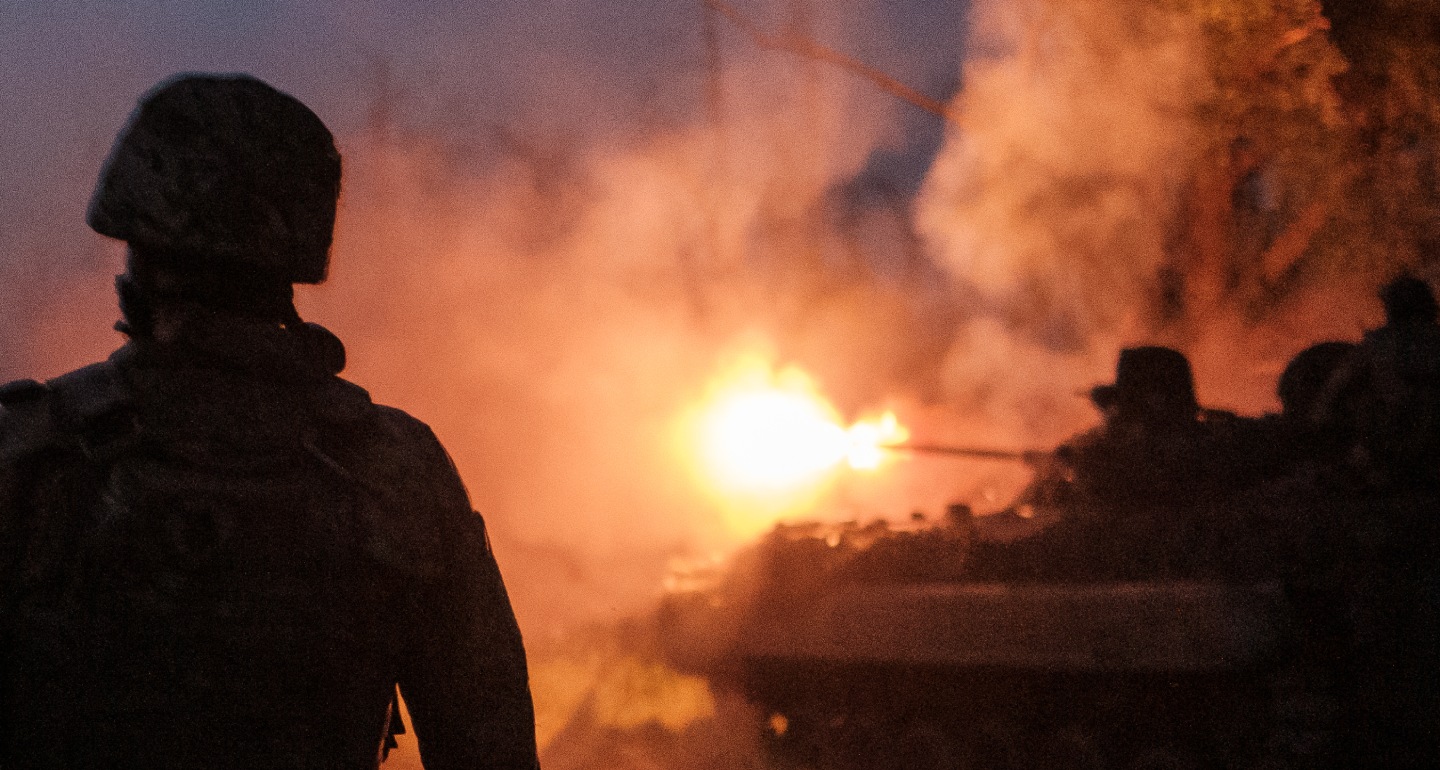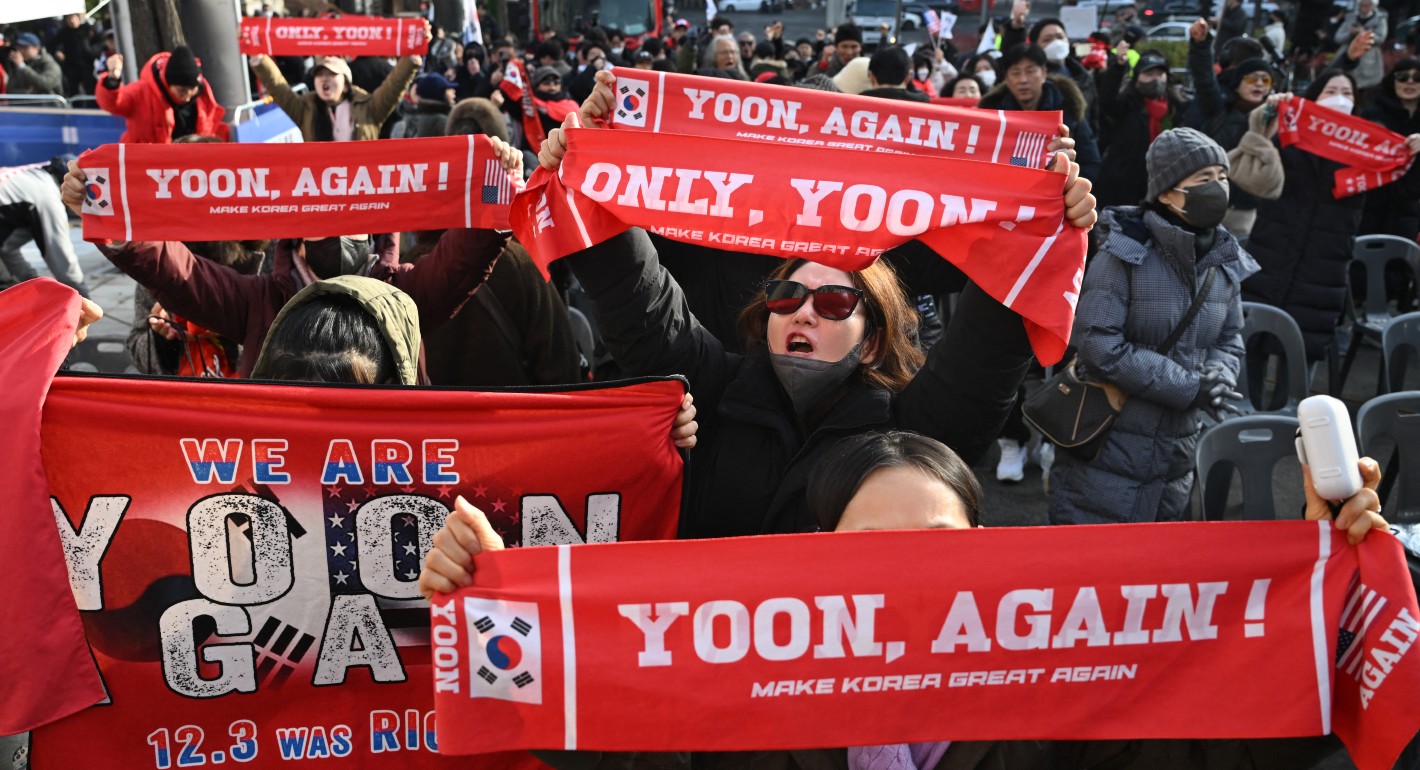Source: Washington Post
When a powerful state disintegrates, the result is usually conflict, anarchy or even civil war. So the relatively peaceful collapse of the Soviet Union -- once the world's largest empire, most brutal regime and most menacing threat to Western civilization -- and the subsequent peaceful end of the Cold War probably ranks as the most remarkable achievement of the 20th century. It was truly a case of "Armageddon Averted" as Princeton historian Stephen Kotkin titled his brilliant and succint book on the Soviet Union's final two decades and the aftermath of its demise.
Of course, destruction of the old regime is always easier than construction of the new one. Following the breakup of the Soviet Union in 1991, Russia's first post-Soviet leaders faced three enormous challenges.
First, they had to define the borders of the new state. Would the new Russia be confined to the borders of the Russian Republic within the USSR, or would the country include the millions of ethnic Russians living just beyond its borders? Second, they had to rebuild the economy. How does one dismantle a command economy and build markets after 70 years of state domination? Finally, Russia's new leaders had to create a new political system. Was Russia suited for democracy, or would another form of autocracy be more suitable for Russian traditions and expedient for the task of economic reform?
And one more thing: They had to tackle all three challenges at the same time.
Fifteen years later, borders have been defined, some kind of capitalism has taken root, and the project to build democracy is far from finished.
However, the degree of progress in these various arenas -- and who deserves blame or praise for the results so far -- remains a matter of debate, as various outstanding and polemical books and essays show.
Regardless of specific borders, Russian President Vladimir Putin is seeking to expand Russia's influence throughout the territory of the former Soviet Union -- a task made simpler by his country's status as the largest economy and most powerful military in the region. But the coercive subjugation of states and peoples adjacent to Russia's borders is a thing of the past. With the exception of Chechnya, Russia's borders are now well-defined. Thousands of lives have been lost in conflict throughout the former Soviet Union as a result of the Soviet dissolution but, as Dominic Lieven of the London School of Economics explains in "Empire: The Russian Empire and its Rivals," Russia's decolonization of the old Soviet republics has been relatively peaceful compared with the collapse of the French, Ottoman or Portuguese empire.
Like the USSR itself, the Soviet command economy is also extinct and will never rise from the dead. And while economist Anders Aslund was derided by some for publishing a book titled "How Russia Became a Market Economy" as early as 1995, few today would question that Russia has indeed made serious strides toward introducing a market system.
It's a system, however, that remains flawed. In their book "Russia's Virtual Economy," economists Clifford G. Gaddy and Barry William Ickes describe firms in Russia even today that fail to create value yet do not go bankrupt, a perverted legacy of the Soviet system. These unprofitable large industrial enterprises never adopted nor were compelled to adapt to market conditions, and therefore continue to impede the emergence of genuine capitalism in Russia.
Journalistic accounts, such as "Sale of the Century: Russia's Wild Ride from Communism to Capitalism" by Chrystia Freeland of the Financial Times and "The Oligarchs: Wealth and Power in the New Russia" by The Washington Post's David Hoffman, introduced personalities and drama to the abstract economic debates, revealing how a handful of individuals used their connections to the Russian state to amass fortunes. Meanwhile, economist Andrei Shleifer and UCLA political scientist Daniel Treisman saw less virtual and more virtue in the Russian economy, as they explained in their 2004 Foreign Affairs article "A Normal Country." In their view, Russia's economic and political development looked like that of a normal middle-income country, not a gangster or criminal state: more Brazil, less Colombia.
In August 1998, the Russian state went bankrupt and the Russian economy crashed. Journalists and politicians began searching for the answer to John Lloyd's famous New York Times Magazine article in August 1999, "Who Lost Russia?" Yet Russia has hardly disappeared in the new century. Indeed, since 2000, its economy has grown at an average of 6.5 percent a year. Real wages have skyrocketed, consumer spending is exploding, and unemployment and poverty are declining. Russians as a whole, not just the oligarchs, are richer today than ever before in their history.
The one unfinished transformation in Russia lies in the political realm. The autocratic institutions of the Soviet regime are long gone, but democratic ones have not filled the vacuum.
Some have argued that democracy will never succeed in Russia, because Russians are genetically predisposed to worship the czar. "The Agony of the Russian Idea," by UC-San Diego sociologist Tim McDaniel, makes this argument most convincingly, but cruder versions float around in Washington think tanks and in some Kremlin-friendly circles in Moscow as an excuse for Putin's authoritarian ways. In "The Tragedy of Russia's Reforms," Peter Reddaway and Dmitri Glinski blame former Russian president Boris Yeltsin for the nation's autocratic drift, highlighting his October 1993 shelling of parliament, his changes to the constitution granting the president extraordinary powers, and the Chechen wars. Others (myself included) argue that the concentration of political power in the Kremlin today also results from the autocratic policies of Putin. During his time in office, all independent media with national reach have been eliminated, the parliament has become a Kremlin rubber stamp, governors have grown subservient to Moscow and opposition leaders have been pushed to the margins of political life. Putin can pursue such measures all the more vigorously because of the money pouring into his pockets from soaring oil and gas prices. Berkeley's M. Steven Fish does a thorough job of sorting through these competing arguments in "Democracy Derailed in Russia."
Some contend that growing autocracy in Russia may not be the cause of Russia's economic growth but rather a consequence of the nation's energy profits. Three promising young Russian economists, Georgy Egorov, Sergei Guriev and Konstantin Sonin, make this case convincingly in a paper titled "Media Freedom, Bureaucratic Incentives, and the Resource Curse."
Ultimately, if there is any relationship between autocracy and economic growth in Russia, it's probably negative. There are growing signs that the Russian state does not offer an invisible hand guiding the market, but rather acts as a "grabbing hand" seizing property from the oligarchs and redistributing it to Putin's KGB cronies. That concept was first made famous by economists Andrei Shleifer and Timothy Frye in their 1997 American Economic Review article "The Invisible Hand and the Grabbing Hand."
The real story of today's Russia is how a loose network of former KGB officials, tied to an obscure mid-level KGB officer-turned-accidental president, has managed in just seven years to seize control of every state institution worth controlling and the dozens of major companies worth owning. In "Kremlin Rising: Vladimir Putin's Russia and the End of Revolution," The Washington Post's Peter Baker and Susan B. Glasser capture the beginning of this narrative, but the definitive account has yet to be written -- because the story is still unfolding.
In the meantime, to follow the story day to day, there is no better English-language source than Johnson's Russia List, an online mailing compiled by David Johnson of the World Security Institute that can come to your inbox daily. Just write to davidjohnson@erols.com to sign up.
Michael McFaul, a Senior Associate at the Carnegie Endowment, is co-author of "Between Dictatorship and Democracy: Russian Post- Communist Political Reform" (Carnegie Endowment).













